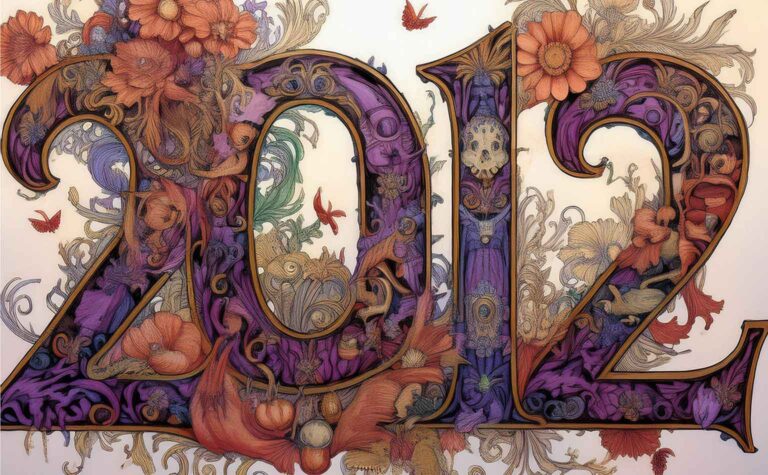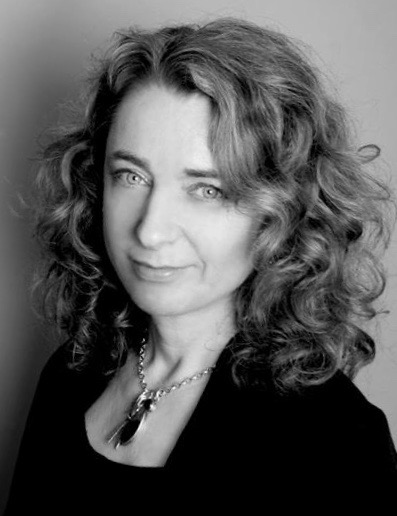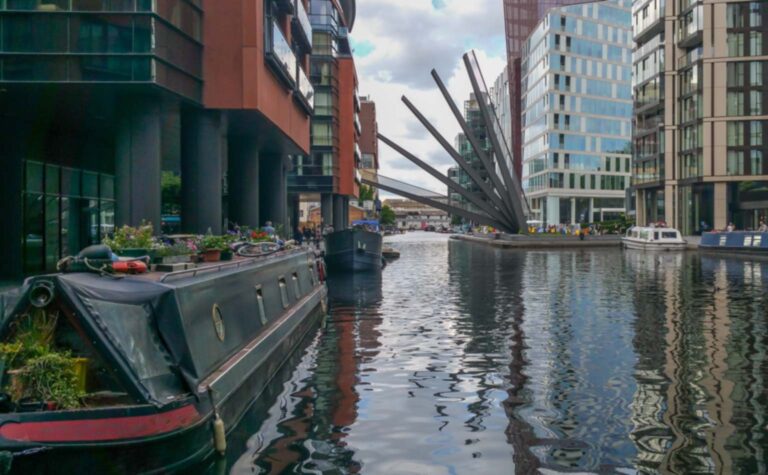I was hanging up the washing, when I imagined a Japanese woman of similar postmenopausal age living in Sendai, doing exactly the same task last Friday, just before the earth heaved and the tsunami came crashing in.
Then I thought, there must have been tens of thousands of people drinking tea together, or shopping, or sending an email, or making love, or quarrelling, or tending to their child, or perhaps taking a moment to daydream. Normal everyday activities that people from the world’s third largest economy take for granted.
All wiped out.
It’s been appalling to see images of such devastation. However, Martin Palmer, Director of the International Consultancy on Religion, Education and Culture, explained on Radio 4’s Sunday Programme why the Japanese people tend to be much more accepting of natural disasters than those of us in the West.
Shinto is Japan’s national unofficial religion, which believes in the existence of invisible spirits and powers called kami. These are not gods, or a God. Rather they are elemental forces concerned, it is said, with human happiness, health and success. Many Japanese have tiny shrines in their homes, and, as part of daily life, they communicate with the kami through different rituals, and seek their blessing.
The heart of Shinto is an abiding belief that the environment is infinitely all-powerful. So, when a natural disaster happens, there is no anthropomorphising nature as a ‘raging’ entity. Nor is there any sense of humanity being punished for its sins or other wrongdoings. Rather, the spirits of nature are doing exactly what they have always done since life began. Simply existing.
The concept of life simply existing was brought home to me as I watched Professor Brian Cox’s remarkable BBC 2 series on The Wonders of the Universe – the timing of which seems to be extraordinarily synchronistic as events following the Japanese earthquake unfold. He explains how every single atom which creates our world, including our own bodies, comes from the endless life and death cycles of stars, which have been evolving since the Big Bang.
This cosmic evolution will continue until unimaginable trillions of years in the future when the universe itself, finally dies. For me, Cox’s explanation of how everything throughout the universe is interconnected completely supports the Shinto belief that nature is an energy that cannot be tamed, and that human life is a by-product of this awesome force.
However, this directly contradicts traditional creationist beliefs held by the three Abrahamic religions, where, between six and ten thousand years ago, God supposedly fashioned man in his own image, and placed him above all things.
Although many religious leaders and followers now accept evolution as a scientifically proven fact, I find it very difficult to understand why fundamentalists, in all three faiths, continue to consider it blasphemous when someone dares to believe this.
Yet Judeo-Christian human-centric hubris, adopted throughout Western-based cultures, has caused appalling suffering not just to humanity itself, but increasingly to the world we inhabit. One example is how Japan is currently facing nuclear disaster brought about by the forces of nature.
According to Martin Palmer on BBC Radio 4’s Sunday Programme, those who practice Shinto urged the authorities not to build nuclear power plants in locations which were vulnerable to possible changes in the environment. These warning went unheeded.
Many power plants in Japan, and also in other parts of the world, have been built on geographic fault lines. And so, we have to wait anxiously to see what happens when a nuclear power station is drastically affected by a cataclysmic natural phenomenon.
But, no matter what we create for ourselves, life, as it has always done,will continue. Already disaster workers in Japan are clearing away the debris and finding ways of providing food and basic essentials for millions of displaced people.
The next step will be working with the grief, loss and possible guilt of individuals who have collectively faced the end, and survived against momentous odds. I hope fervently they will not have to deal with the horrors of radiation exposure as well.








1 comment